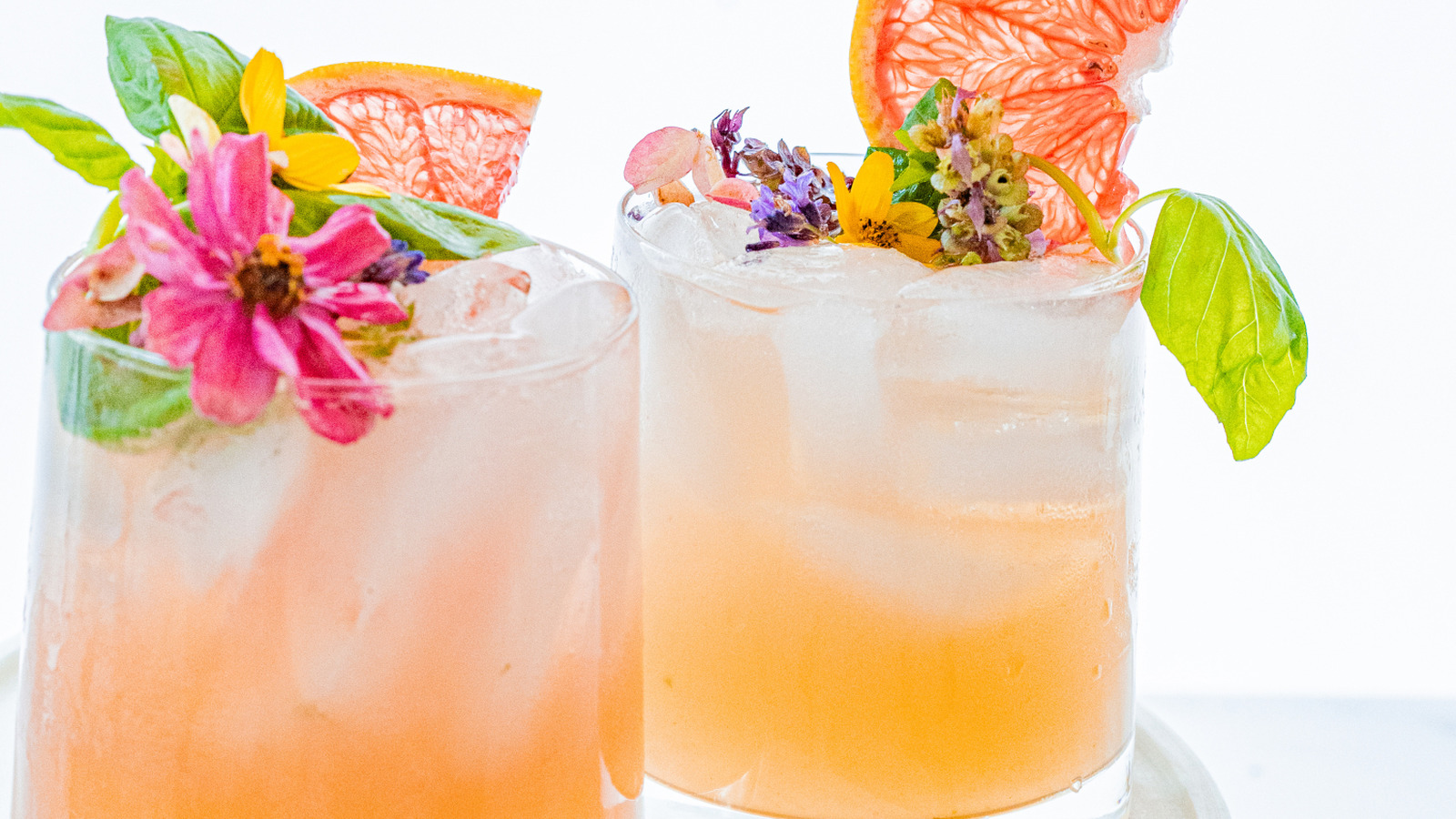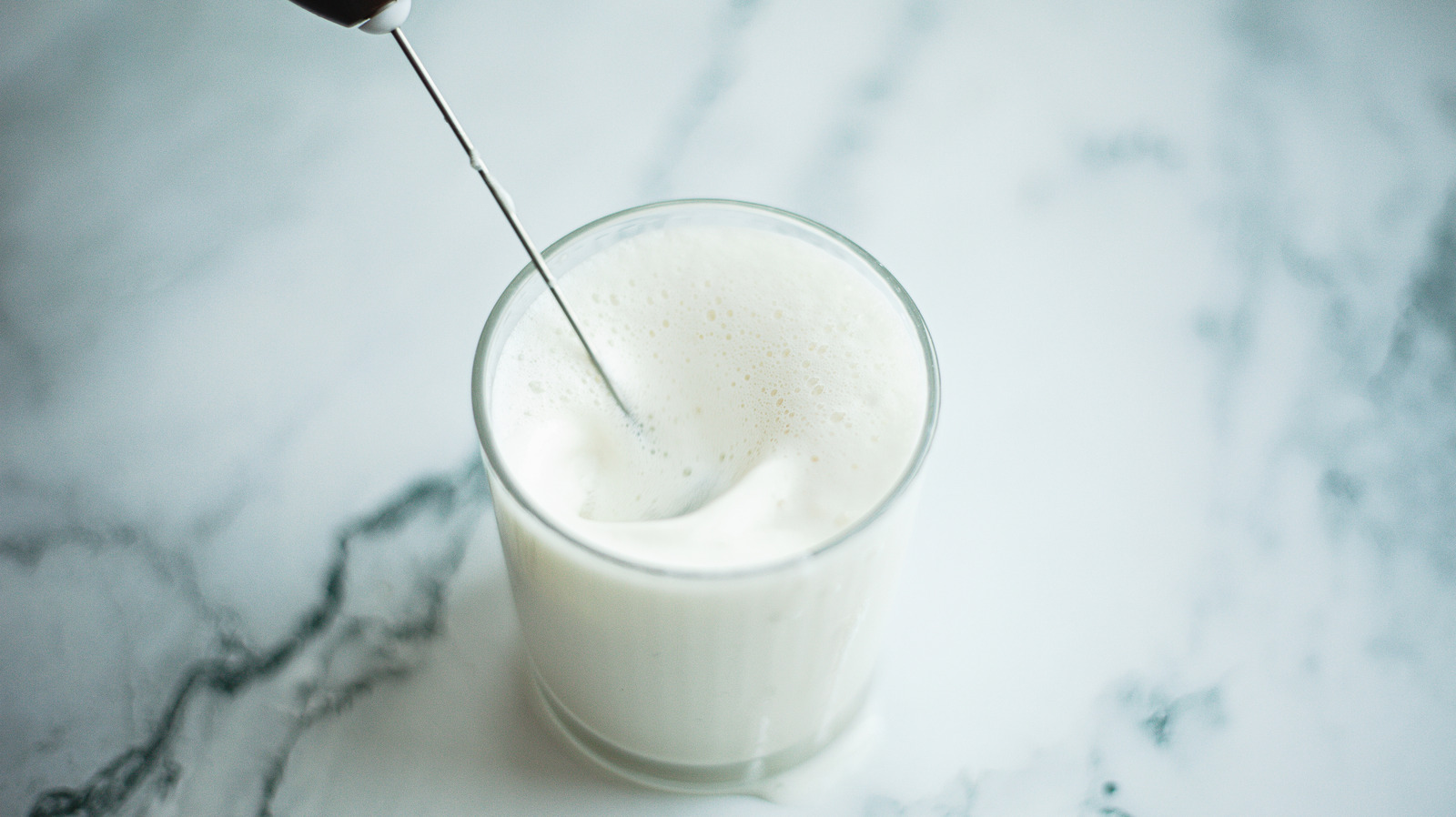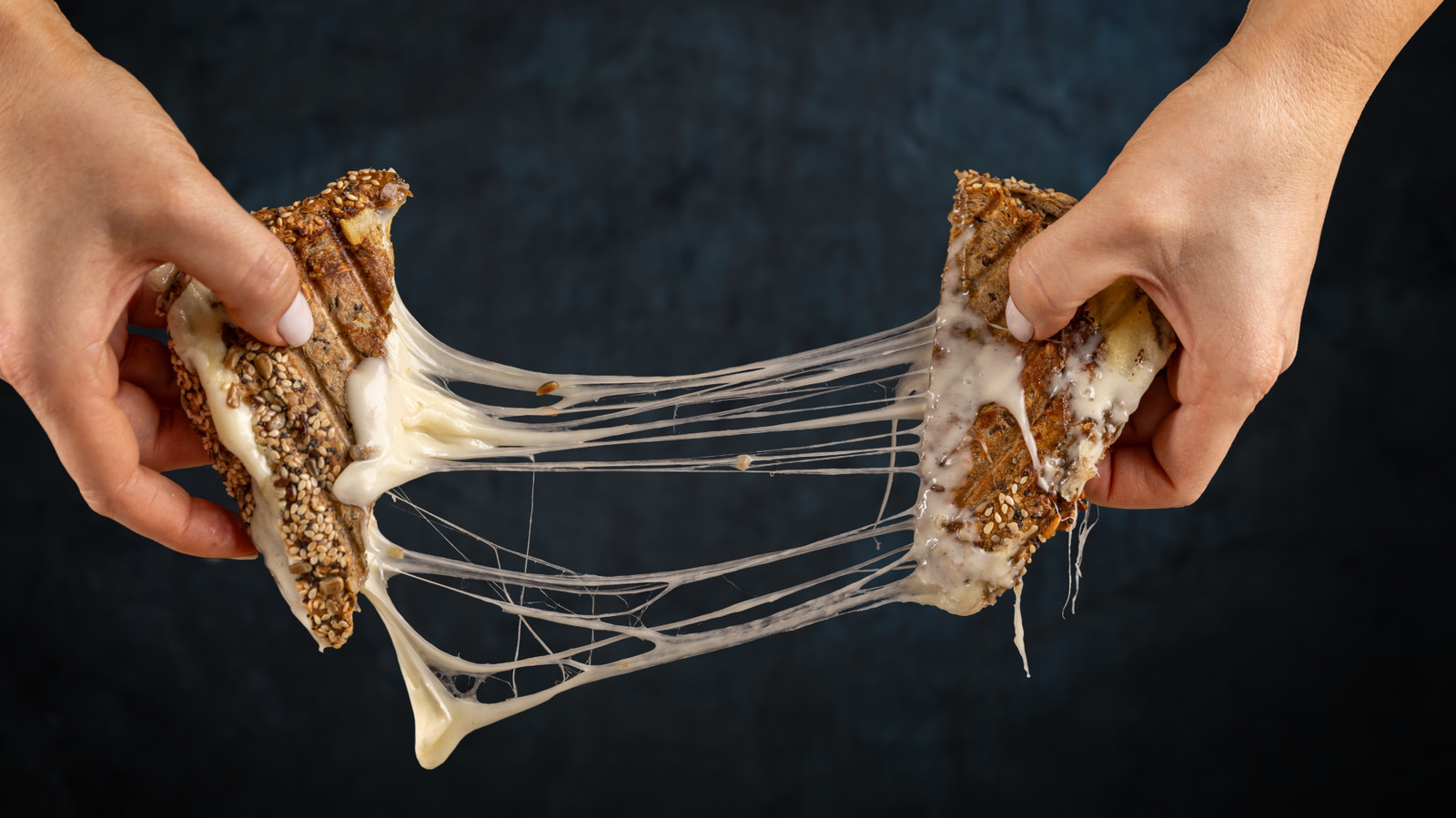If you've been drinking wine for a long time, you've probably noticed the increase in price. From 2013 to 2023 alone, the average price of table wine increased $2.68 (per Federal Reserve Bank of St.
Louis ). While inflation is partially to blame for that, it doesn't provide a full picture as to why certain wines cost more than others. To gain insight, Daily Meal talked to Lexi Stephens, sommelier and owner of " Lexi's Wine List ".
She says that a lot of factors affect the selling price of wine, such as the origin and cost of its production, labor costs, storage costs, and shipping costs. "Some wineries or regions may also have more well-known reputations, which skyrockets the demand and pricing even more," Stephens explains. We've seen just how much location and reputation can impact wine prices.
Even in the Côte-d'Or of France and Napa Valley in California, micro-climates and terroir can affect the quality of grapes within a single vineyard estate, which is reflected in the cost of the bottles that come out of those renowned areas. Are expensive wines worth it? Demand is another big factor when it comes to the cost of wine, such as the price jump for Champagne just before the Millennium and the price dip from the 2007-09 Great Recession. Also, we've seen how costs fluctuate with perceived value, which explains why expensive wine doesn't always taste better .
You might not be able to shell out $100 per bottle of wine, and if you do, you may not feel like the taste is worth .











:upscale()/2024/12/23/986/n/1922441/ae269e286769e6f5b332b2.08351138_.jpg)







